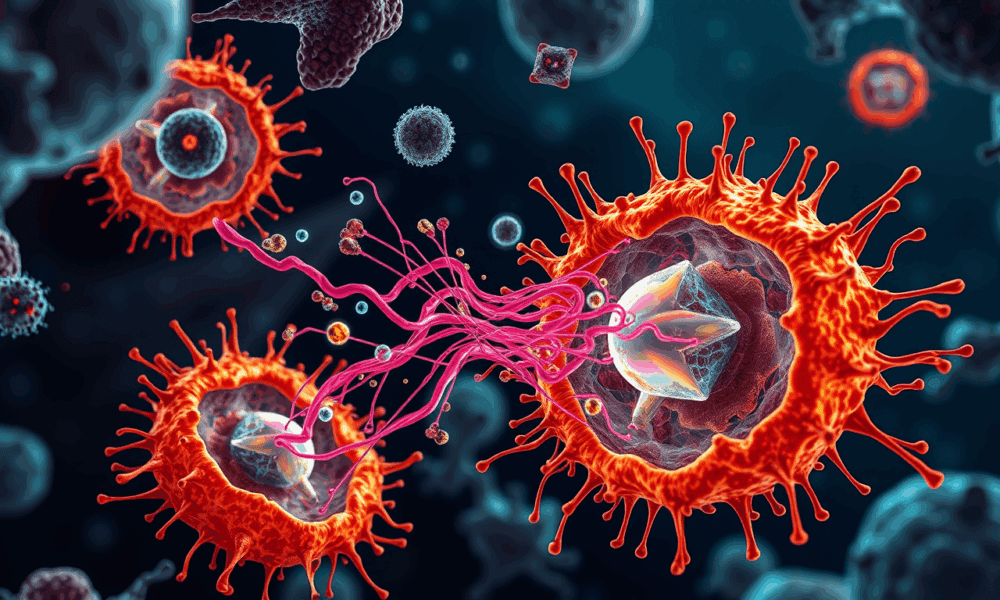


Scientists have uncovered a surprising new healing mechanism in injured cells called cathartocytosis, in which cells "vomit" out their internal machinery to revert more quickly to...
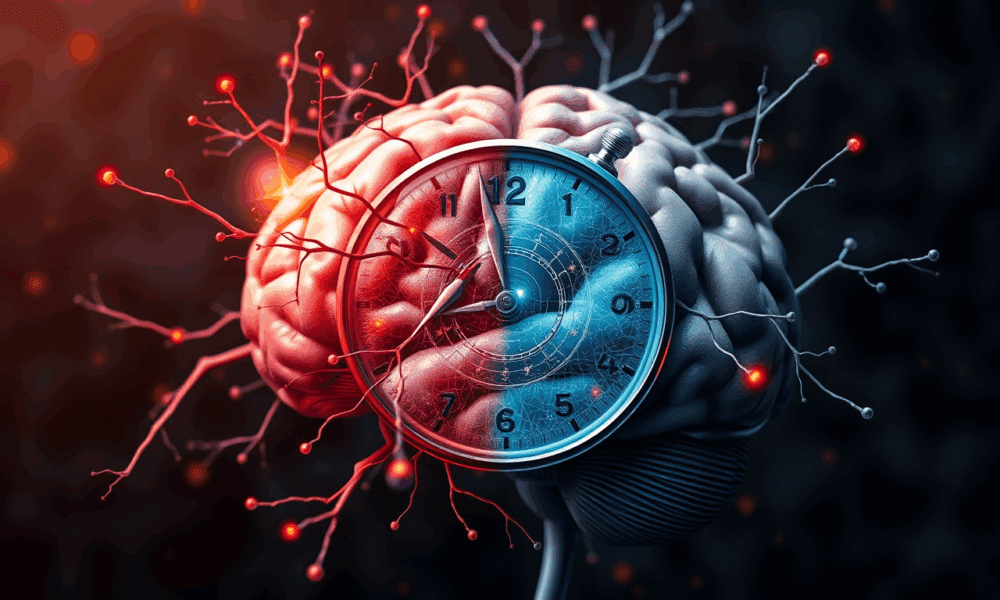


Scientists at UCSF have uncovered a surprising culprit behind brain aging: a protein called FTL1. In mice, too much FTL1 caused memory loss, weaker brain connections,...



Researchers analyzing 33 studies found strong evidence that highly sensitive people are more prone to depression and anxiety but also more likely to benefit from therapy....
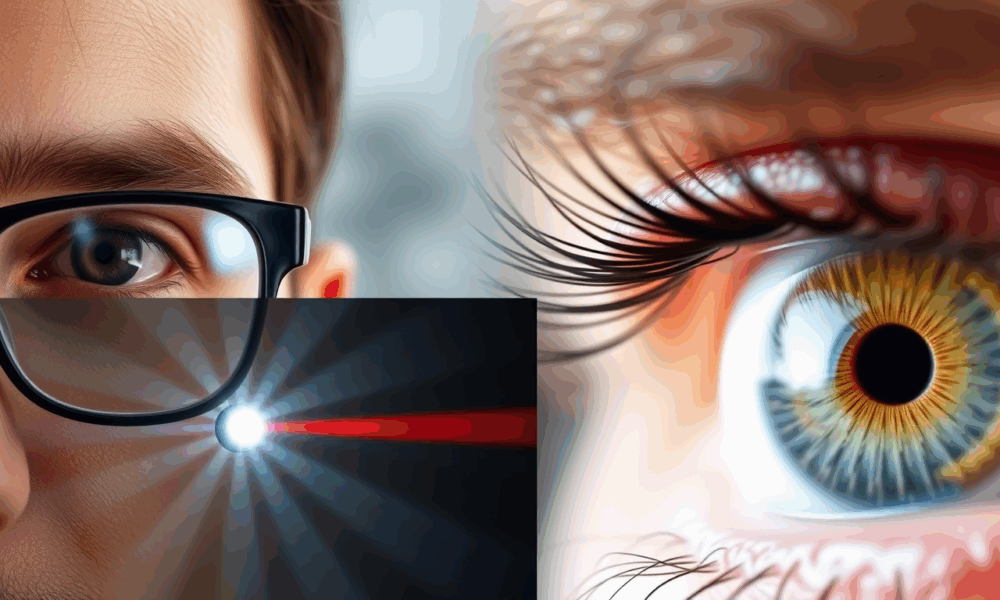
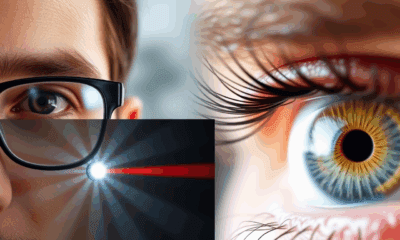

Scientists are developing a surgery-free alternative to LASIK that reshapes the cornea using electricity instead of lasers. In rabbit tests, the method corrected vision in minutes...



A vigorous workout can spark anti-cancer proteins, cut cancer cell growth, and help survivors fight recurrence by reducing inflammation and improving body composition.
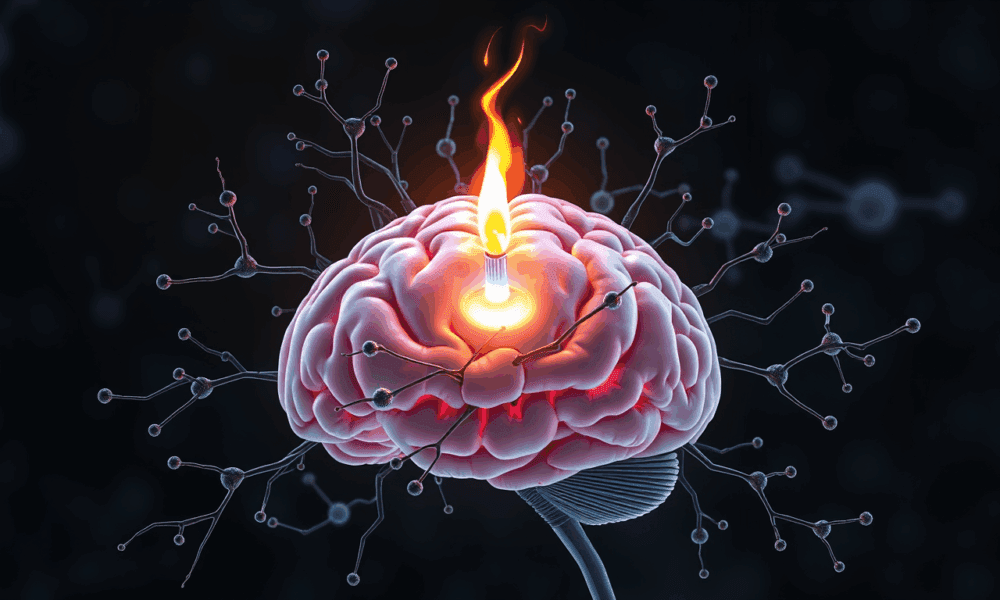
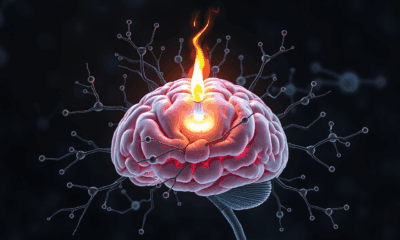

Scientists have discovered a direct cause-and-effect link between faulty mitochondria and the memory loss seen in neurodegenerative diseases. By creating a novel tool to boost mitochondrial...



NASA’s Lunar Trailblazer, a mission designed to create high-resolution maps of water on the Moon, ended after losing contact with the spacecraft just one day after...
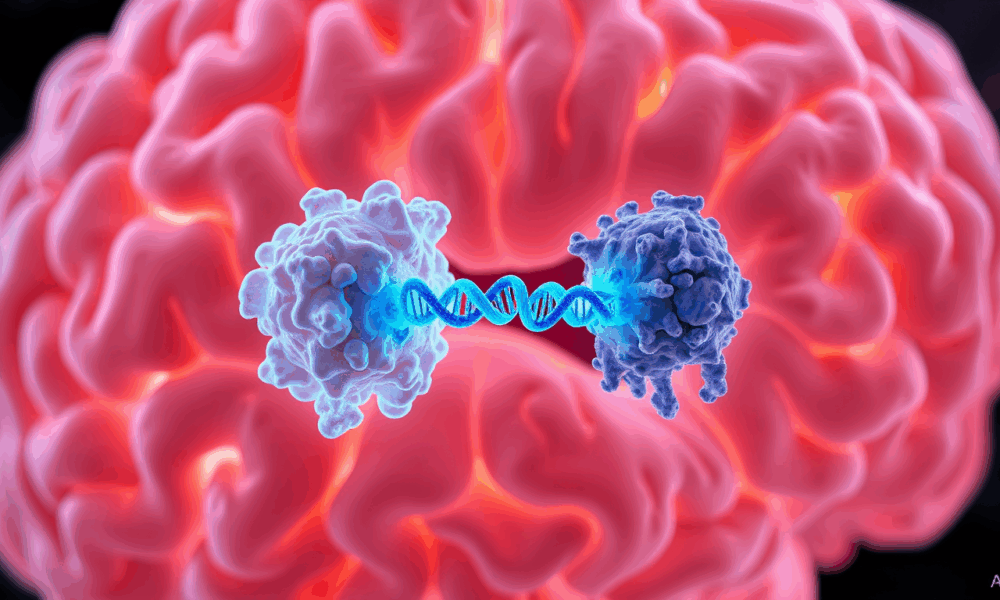
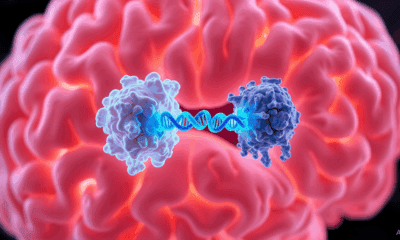

Scientists have discovered how harmful clumps inside brain cells—linked to diseases like ALS and Huntington’s—form, and found a way to break them apart. These sticky tangles...
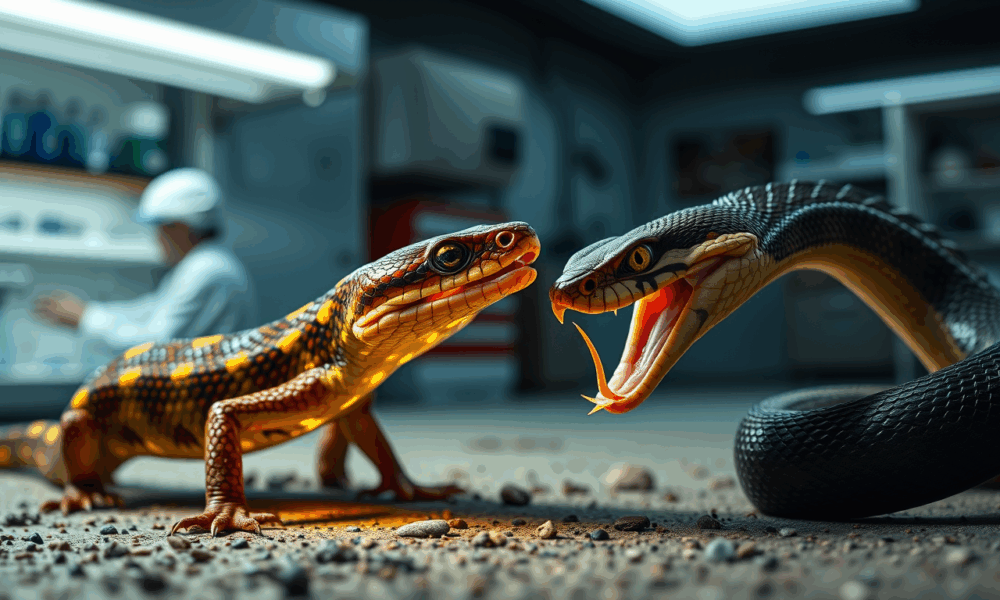
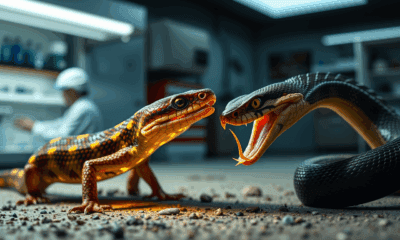

Australian skinks have developed a remarkable genetic defense against venomous snake bites by mutating a key muscle receptor, making them resistant to neurotoxins. These tiny but...
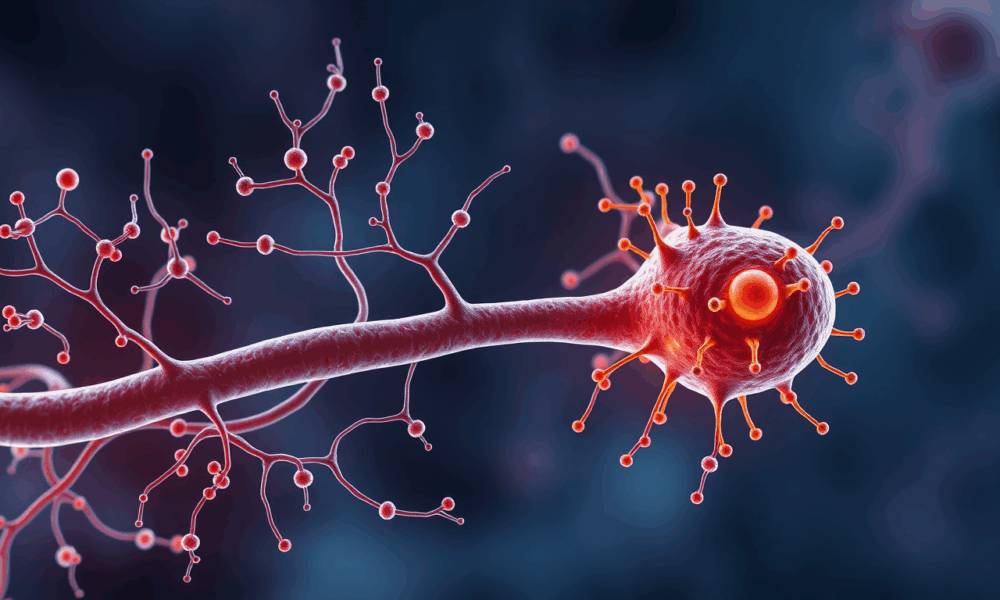
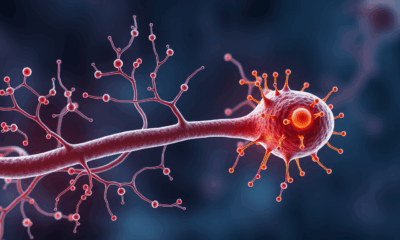

Your gut may be talking to your brain in ways we never imagined. Scientists have discovered a “neurobiotic sense” — a rapid-response system where colon cells...